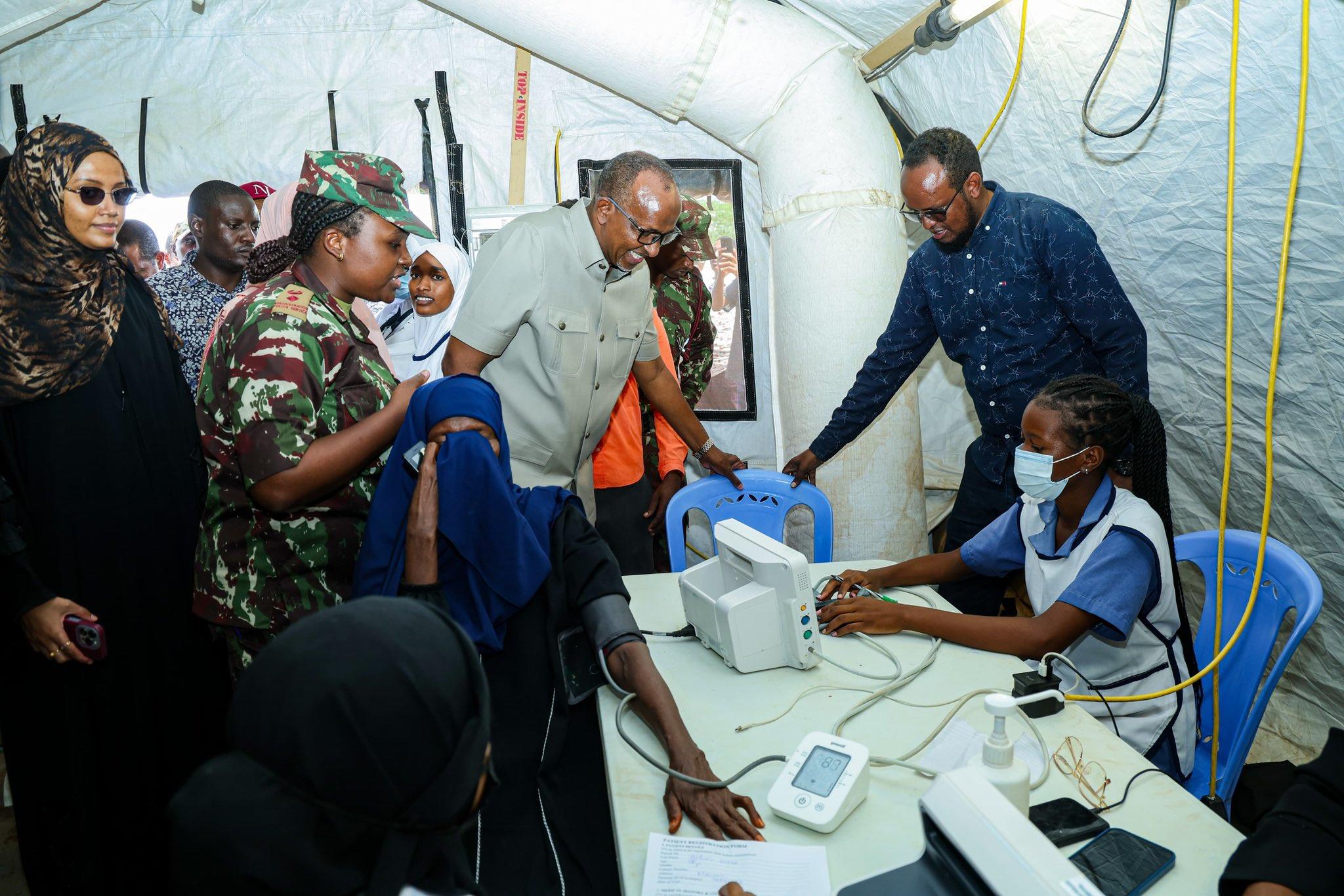MPs raise alarm over 'failing' digital health system in Kenya

The MPs said the automation process has repeatedly failed to meet its intended goals of reducing fraud and easing service delivery.
The National Assembly Departmental Committee on Health has raised concerns over persistent challenges in Kenya’s digital health system, saying the automation process has repeatedly failed to meet its intended goals of reducing fraud and easing service delivery.
Committee chairperson and Seme MP James Nyikal said that while digitisation was meant to streamline operations and cut reliance on physical branches, the shift has faced continuous setbacks that threaten service delivery.
More To Read
- KNCHR says Kenyans still locked out of healthcare despite Sh138 billion SHA boost
- MPs ditch SHA, the public health scheme they once praised, and opt for private cover
- TSC confirms shift to SHA cover for teachers from December 1
- TSC sued over teachers’ migration from MINET insurance to SHA
- 1,567 injured police officers compensated, says Mwangangi as Senate pushes for transparency
- SHA announces refund process for mistaken M-Pesa premium payments
“We have even tried biometrics; it has not worked. We went back to the digital system, which has also not worked,” he said, pointing to repeated failures in rolling out technology designed to simplify healthcare access.
The Committee now says a structured transition is necessary to prevent patients from being stranded. Nyikal stressed that reforms must ensure continuity of services even as measures are taken to combat fraud and weed out non-compliant facilities.
“Even when addressing fraud or closing non-compliant facilities, people still need services,” he said, adding that efficiency must not come at the expense of patient care.
He further emphasised the need for fairness across the health sector, saying that all facilities, whether public, private, or faith-based, should be given equal support as they all play a vital role in serving Kenyans.
“For this committee, all facilities must be treated in a way that allows them to work and serve Kenyans equally at all times,” he added.
The remarks come amid growing unease among health workers, facility managers and patients over disruptions tied to the automation of key functions such as claims processing, facility licensing and data management.
Some facilities have reported delays in reimbursements and service approvals, while patients in rural areas fear being excluded due to weak digital infrastructure.
In a recent interview, Social Health Authority (SHA) Chief Executive Officer Mercy Mwangangi revealed that nearly 80 per cent of claims filed under the Emergency and Chronic Illness Fund have been rejected. She blamed the problem on certain hospitals submitting claims that fall outside the provisions of the SHA Act.
“We did a pilot exercise on the emergency and chronic illness fund. We allowed the portal to collect the four-month data and then analysed it. We rejected 80 per cent of the claims made by the level 6 and 5 hospitals. These were public facilities. Providers were launching claims for lab tests, which aren’t part of our benefits,” she said.
“Providers were launching claims such as cardiac pulmonary arrest, which means death. That is not in our benefits package.”
She noted that the authority had detected repeated attempts by some facilities to sneak in non-benefit services, terming the trend fraudulent and unfair to taxpayers who finance the scheme.
Her comments came shortly after the government suspended 45 health facilities from accessing SHA benefits over suspected malpractice.
Mwangangi said the digital platform itself is functioning well, but admitted that some providers are struggling to adapt to the new system.
“The SHA system is okay; the challenge we have is a user problem. Our providers are having difficulties in embracing the system, and some have even requested capacity training; we have heard those cries,” she said.
Since its introduction last year, the SHA programme has faced pushback from sections of Kenyans who argue that claims are being unfairly delayed or rejected. Mwangangi, however, maintained that most rejections are due to misfiled or exaggerated claims.
Her remarks come at a time of mounting frustration from patients and health facilities who say access to critical funds has slowed under the new system.
She insisted that the way forward lies in continuous training for health providers to ensure they understand what is covered while also closing loopholes that some facilities seek to exploit.
Top Stories Today















































